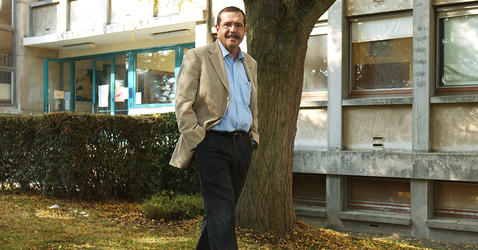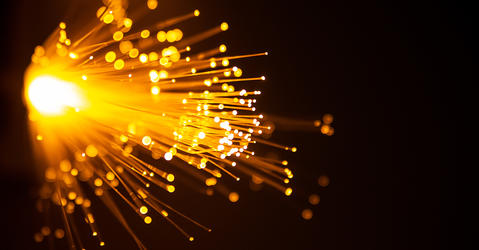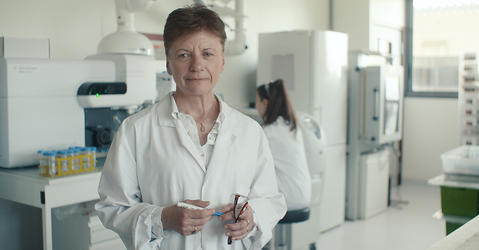You are here
Matter
Astrochemistry, a relatively new field, focuses on exploring chemistry in interstellar spaces to uncover insights about the origins of life on Earth. This discipline has seen significant advancements in recent years.
Article
11.15.2024
What do a wind turbine, an ocean swell, and a volcanic eruption have in common? All three emit infrasound, or sound whose frequency is below 20 hertz. These sound waves, which are wrongly considered to be inaudible, can travel around the Earth multiple times...
Article
10.18.2024
Cyril Aymonier, Lydéric Bocquet and Eleni Diamanti are the three recipients of the CNRS 2024 Innovation Medal, which rewards male and female scientists whose research has led to groundbreaking technological, therapeutic or social innovation.
Article
07.09.2024
The European Commission is adamant: carbon capture and storage (CCS) will play a key role in the fight against climate change. But just how does CCS work? How widespread is this technology? And what obstacles stand in its way? CNRS News takes a closer look.
Article
05.29.2024
Article
10.04.2022
The CNRS physicist Alain Aspect has been awarded the Nobel Prize in Physics 2022, along with his colleagues John Francis Clauser, from the US, and Anton Zeilinger, from Austria, "for experiments...
Article
09.08.2022
Like the light they conduct, optical fibres span a wide range of applications from telecommunications to medical sensors. On the occasion of the 2022 International Year of Glass, here’s an overview...
08.16.2022
She has just been awarded the 2022 European Inventor Award. Claude Grison, director of the ChimEco laboratory, has developed phytoremediation methods for decontaminating soil and water, using plants...





